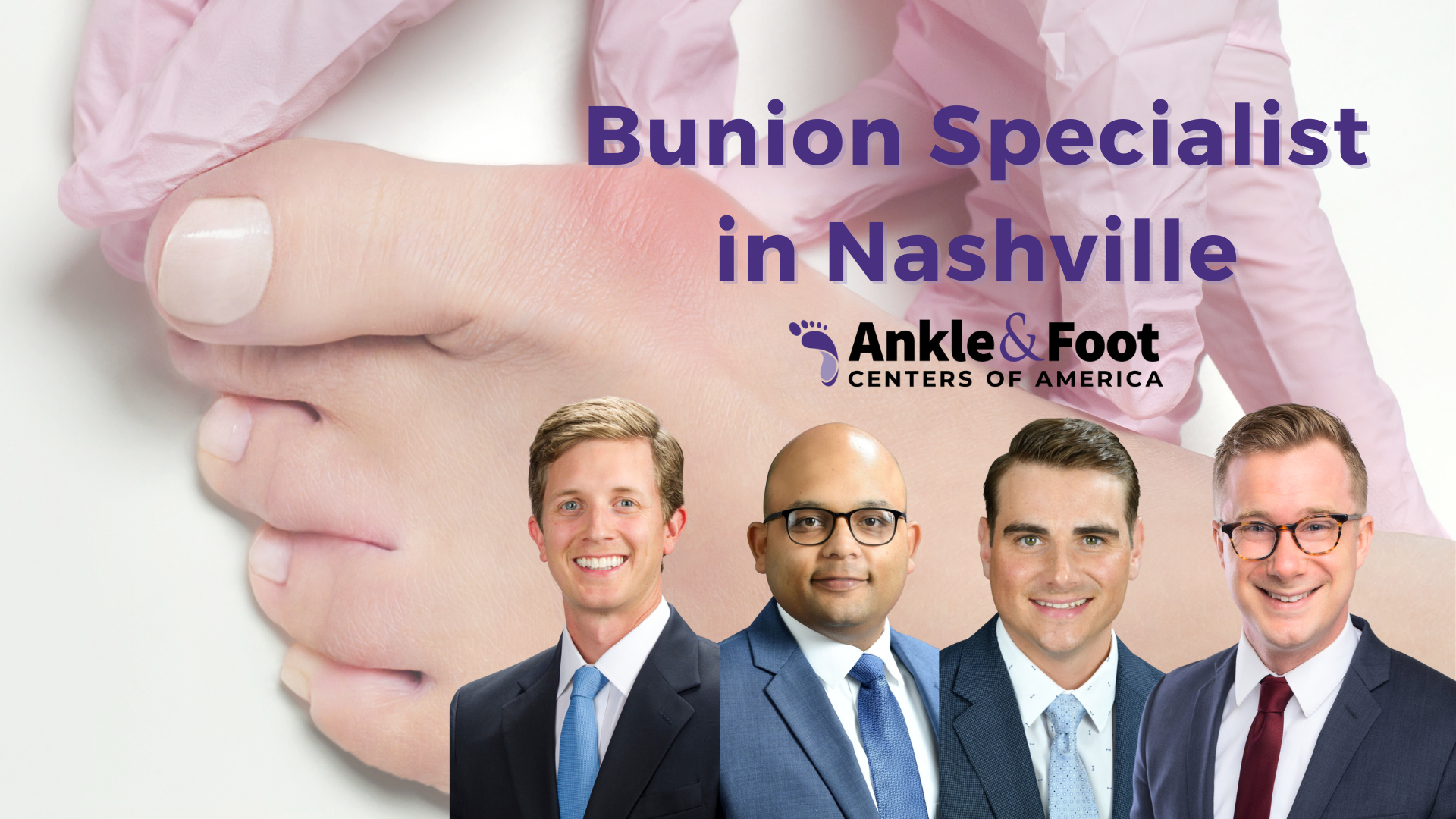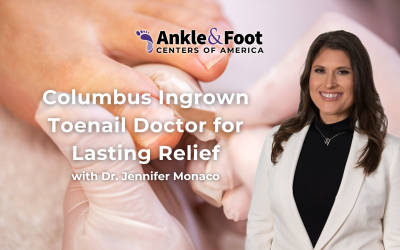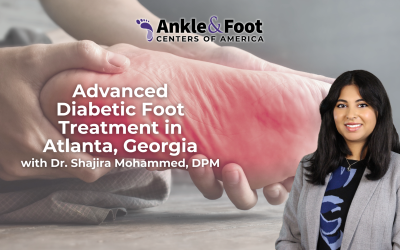Did you know that finding the right bunion specialist in Nashville can make all the difference when it comes to treating this troublesome foot condition? From understanding the root causes of bunions to exploring conservative treatments and surgical options, we’ll guide you through every step of the way to ensure you receive the best care and support for your feet.
Table of Contents
Key Takeaways
- Finding a bunion specialist in Nashville is essential for getting the right diagnosis and treatment.
- Making lifestyle changes, using non-invasive therapies, or opting for surgery can provide relief from bunion pain.
- Wearing supportive footwear and visiting a specialist regularly can help keep bunions from coming back.
Finding a Bunion Specialist in Nashville
At the Ankle & Foot Centers of America, board-certified podiatrists are well equipped to assist with all kinds of foot ailments such as bunions, and can provide comprehensive treatment plans including surgery if needed. These specialized professionals also manage postoperative pain management for their patients in order to help them relieve painful symptoms associated with these types of disorders.

Importance of Choosing the Right Specialist
It is essential to select the correct specialist when seeking diagnosis, treatment and care for big toe issues including chronic inflammation. A proper assessment allows for a tailored solution that meets individual needs while personalized attention guarantees optimal results and healing, so why take chances with your feet?
Where to Find a Bunion Specialist
For a reputable bunion specialist, the Ankle & Foot Centers of America can provide experienced surgeons that specialize in treatment. To locate one close to you, check their website or give them a call. Alternatively, your primary care doctor may be able to recommend someone and searching online should also yield some nearby specialists for foot concerns.
Understanding Bunions: Causes and Symptoms
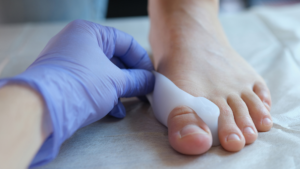 Hallux valgus, which is also known as bunions, cause a bump on the inside or side of the foot at the base of the big toe and can be painful and make walking difficult. It appears to occur due to genetic influences combined with structural issues in one’s feet along with wearing ill-fitting shoes or footwear.
Hallux valgus, which is also known as bunions, cause a bump on the inside or side of the foot at the base of the big toe and can be painful and make walking difficult. It appears to occur due to genetic influences combined with structural issues in one’s feet along with wearing ill-fitting shoes or footwear.
Causes of Bunions
Hereditary factors and the anatomy of one’s foot can make someone more prone to bunions. People who have flat feet or high arches, as well as those wearing footwear that is too tight or has a tall heel are especially vulnerable to developing them. Taking note when it comes time for shoe selection and seeking out options with extra cushioning will help in avoiding future issues related to bunion formation or progress made by pre-existing ones.
Common Symptoms
Pain in the toe, redness, and a bump on the side of the big toe can all be signs of bunions. If left untreated over time, it could cause arch pain along with discomfort around your heel and Contracture issues such as hammertoe. To reduce potential complications resulting from this condition it is important to recognize these symptoms quickly for successful treatment purposes.
Conservative Treatments for Bunions
For those with bunions, conservative treatments may be a good option to consider before opting for surgery. Such remedies can provide relief from the discomfort associated with bunion deformity and help prevent Progression of these painful foot issues. A few simple changes in lifestyle combined with non-invasive therapies could yield helpful results in reducing pain caused by bunions.
Lifestyle Changes
Foot pain and bunion ache can be relieved by making lifestyle changes such as wearing comfortable shoes with a wider toe box, avoiding tight-fitting footwear like high heels, maintaining weight, etc. Also nonsteroidal anti inflammatory drugs (NSAIDs) combined with either warm or cold foot soaks could help in decreasing the discomfort caused due to inflammation.
Non-Invasive Therapies
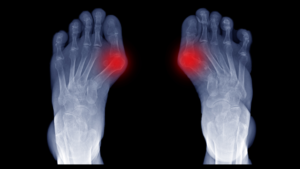 Managing bunion pain and swelling can be done effectively with non-invasive therapies such as icing, compression or taking anti-inflammatory medications. For additional support and comfort, wearing a silicone gel bunion sleeve/splint may help in these cases. It is very important to consult with an experienced doctor specialized in bunions if the condition is severe since they will determine which approach provides best results for each individual case.
Managing bunion pain and swelling can be done effectively with non-invasive therapies such as icing, compression or taking anti-inflammatory medications. For additional support and comfort, wearing a silicone gel bunion sleeve/splint may help in these cases. It is very important to consult with an experienced doctor specialized in bunions if the condition is severe since they will determine which approach provides best results for each individual case.
When Surgery Becomes Necessary
Bunion surgery, otherwise known as bunionectomy, is an option to consider when traditional treatments do not provide sufficient relief or if the malformation of a bunion has become too severe. It aims to repair the primary source of discomfort and get rid of pain by evaluating one’s individual needs based on overall health condition and lifestyle preferences.
Indications for Surgery
When conservative measures to deal with pain, toe deformity and chronic inflammation of the big toe have proven ineffective, bunion surgery may be suggested. Surgery could also become a necessity if bending or extending the foot’s largest digit is difficult. It is thus essential that you consult a specialist in bunions for advice as to whether this surgical solution would work best in your particular situation.
Types of Bunion Surgery
Depending on the severity of your bunion, a specialist can determine which type of surgery is best for you. Surgery options include minimally invasive techniques that involve smaller incisions and result in less recovery time or open surgeries to combat more severe cases with reduced chances of recurrence. Any way being considered, the most suitable option when it comes to bunion surgery will be chosen.
Preparing for Bunion Surgery
Before bunion surgery can commence, a comprehensive medical assessment and adjustments to medications (if necessary) must be conducted in order to optimize the patient’s health ahead of the procedure as well as reduce any potential risks.
Medical Evaluation
Before bunion surgery, a full medical evaluation typically includes taking the patient’s history and performing physical examination of their foot as well as obtaining X-rays to assess the deformity severity. Any associated damage must be cleared and additional diagnostic tests are conducted in order to ensure safety during the procedure.
Medication Adjustments
In preparation for the surgery, certain medications must be adjusted accordingly. This includes ceasing use of nonsteroidal anti-inflammatory drugs (NSAIDs) a few days before and managing anticoagulants as well as oral antidiabetics if need be. It is essential to provide your healthcare provider with an accurate list of medicines you are presently taking so that they can make suitable adjustments prior to the procedure.
Achieving successful results from any surgical operation requires precise arrangements regarding medication. Hence it should not be overlooked when preparing for such activity beforehand.
To ensure everything goes according to plan during a medical surgery, some modifications may have been made in terms of existing medicinal treatments which one might take regularly – like discontinuing NSAID usage three or more days ahead and rearranging doses related to blood thinning agents along with diabetic tablets adequately if required depending on individual circumstances at hand .
Since proper functioning demands complete information concerning pharmaceuticals currently administered , patients ought state all their details clearly towards concerned health providers associated and responsible in order give necessary alterations around time process transpires .
Postoperative Care and Recovery
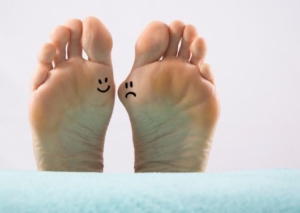 Postoperative care and a carefully planned recovery are essential to securing the best possible result following bunion surgery. Direct treatment, such as attending to foot wounds and alleviating pain, must be attended to right away. Long-term strategies of rehabilitating strength in the affected area should also take place for optimal results.
Postoperative care and a carefully planned recovery are essential to securing the best possible result following bunion surgery. Direct treatment, such as attending to foot wounds and alleviating pain, must be attended to right away. Long-term strategies of rehabilitating strength in the affected area should also take place for optimal results.
Immediate Postoperative Care
After having bunion removal surgery, one must be sure to take proper care of their dressing, use pain relief medication as needed and monitor any potential complications in order for the recovery process to go smoothly. By elevating the foot and using ice packs regularly this will reduce both swelling and aches while preventing infections from arising due to a damp or dirty surgical bandage.
Keeping close watch on one’s feet is critical after going through bunion correction treatment so that irritation does not become exacerbated by other issues such as inflammation or bleeding which can lead Discomfort with regard to post-surgery pains
Long-Term Recovery
For a successful and enduring recovery after bunion surgery, it is essential to follow the advice of your healthcare provider or physical therapist. This will involve being fitted for appropriate footwear, partaking in exercises prescribed by them to build back strength and range of motion on the foot as well as progressively getting used to regular activities again. A tailored treatment program designed specifically for you should be implemented so that no recurrences occur down the line.
Tips for Preventing Bunion Recurrence
Maintaining healthy feet and avoiding pain is possible by choosing the right shoes as well seeing a bunion specialist regularly. Doing so helps ensure that any corrections made through surgery remain in place, providing lasting relief from bunions.
Proper Footwear
In order to preserve bunion correction and keep recurrence at bay, it is essential to wear supportive shoes that fit properly with a spacious toe box. This kind of footwear should provide comfort as well as adequate support for the shape of one’s feet, while avoiding high heels entirely can be beneficial too. Wearing this sort of shoe has shown significant results in preventing repeat occurrences when it comes to bunions.
Regular Checkups
Staying proactive with your foot health is essential to prevent bunion recurrence. Regular checkups with a specialist can help by providing guidance on proper care and the right shoes, as well as detecting any early signs of reoccurence before they get worse. These visits are useful in monitoring progress and making sure no issues worsen without being addressed properly.
Summary
It is important to find an experienced bunion specialist in Nashville for the best possible treatment and care. Knowing how bunions develop, trying conservative methods of pain relief, as well as when it becomes necessary to have surgery are all steps needed for managing this widespread foot issue. With recovery techniques such as postoperative care and preventive practices including suitable footwear plus regular checkups, you can ultimately ease your bunion discomfort long-term and enjoy a higher quality lifestyle.
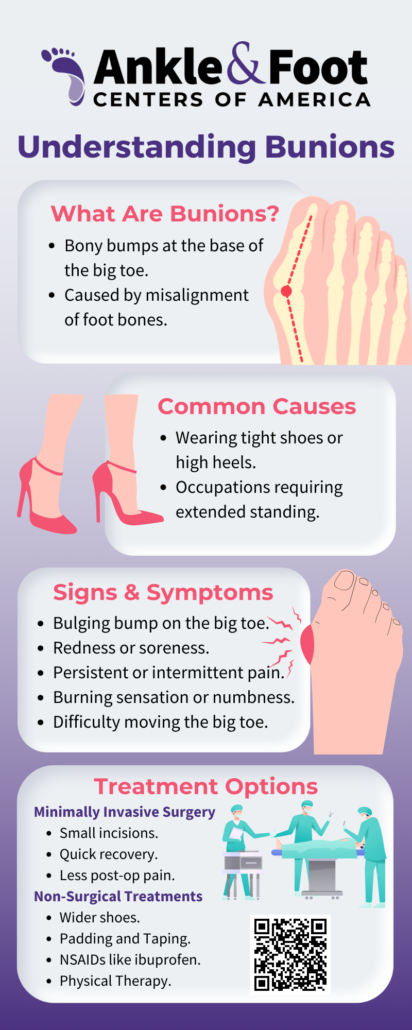
Frequently Asked Questions
What is the best doctor to see for bunion?
A qualified podiatrist certified by the American Board of Foot and Ankle Surgery is typically consulted for bunion treatment. Orthotics, wider shoes or even a surgical procedure to reposition the foot bones may be used to bring relief from associated symptoms. An orthopedic surgeon may also provide advice through a bunionectomy if needed.
How much does it cost to cut off a bunion?
Bunion correction surgery can have a hefty price tag ranging from $3,500 up to around twelve thousand dollars or even more depending on your insurance coverage and what type of procedure is needed. Certain insurers may cover some or all costs if it is medically required.
Is bunion surgery covered under insurance?
If a podiatrist determines that bunion surgery is medically required to address pain or limitations in movement, then insurance typically covers the cost.
Can a podiatrist remove bunions?
Podiatrists are qualified to perform surgery, such as the removal of bunions and other conditions which require minimally invasive techniques. These procedures can be done on an outpatient basis and podiatrists are trained in recognizing the onset of bunion formation.
What are the main causes of bunions?
Bunions are typically hereditary and can be due to an incorrect structural makeup, as well as the consistent wearing of tight or high-heeled shoes.

